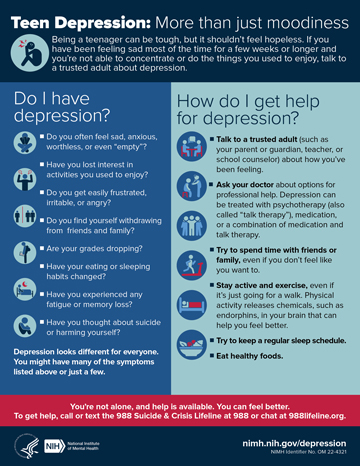
Parents of Suicidal Teens Say They Feel Alone. Here Are Resources to Help.
When I wrote about my son’s depression and suicidal ideation, I was afraid to read the comments. I expected the Internet to tell me what I still feared deep down: it was all my fault. Read more >>











